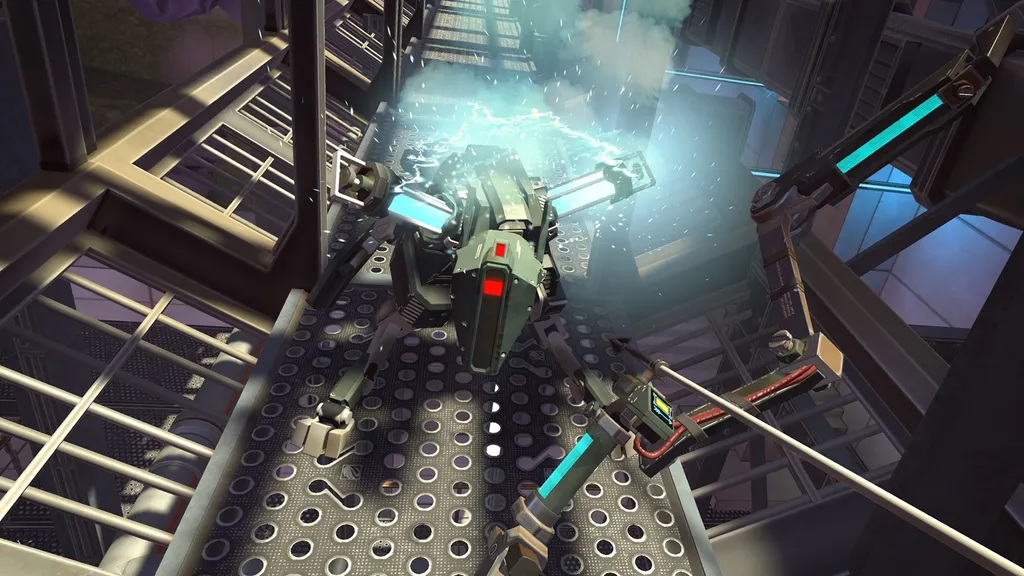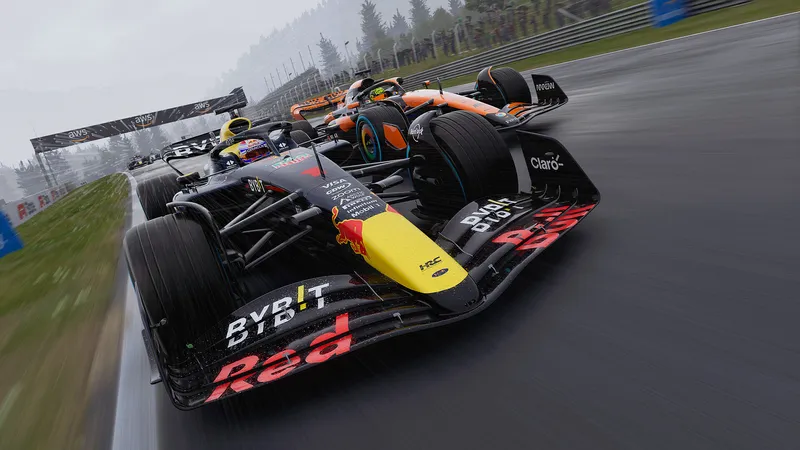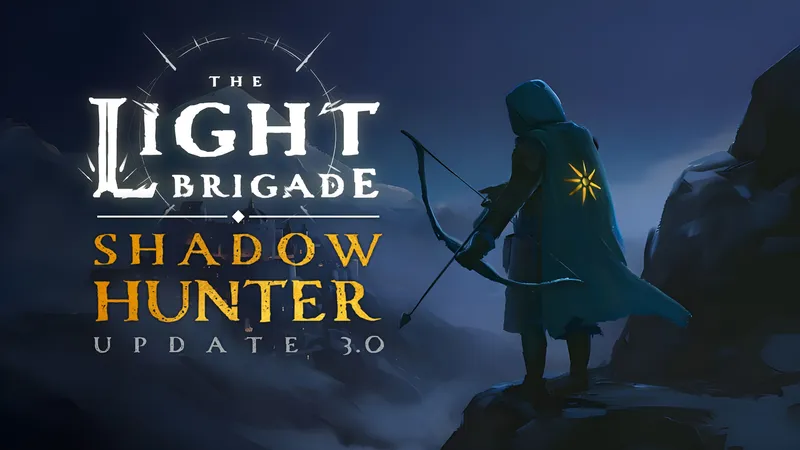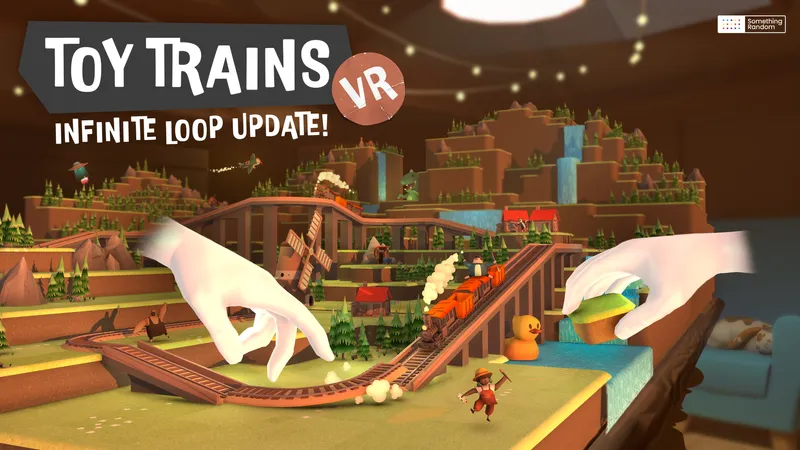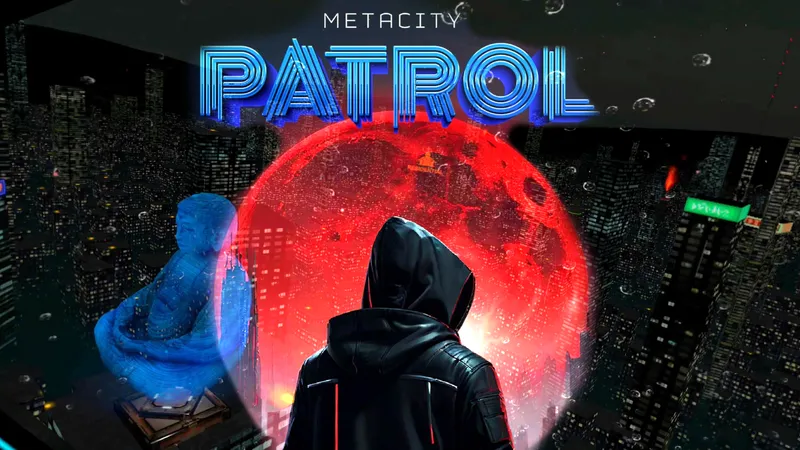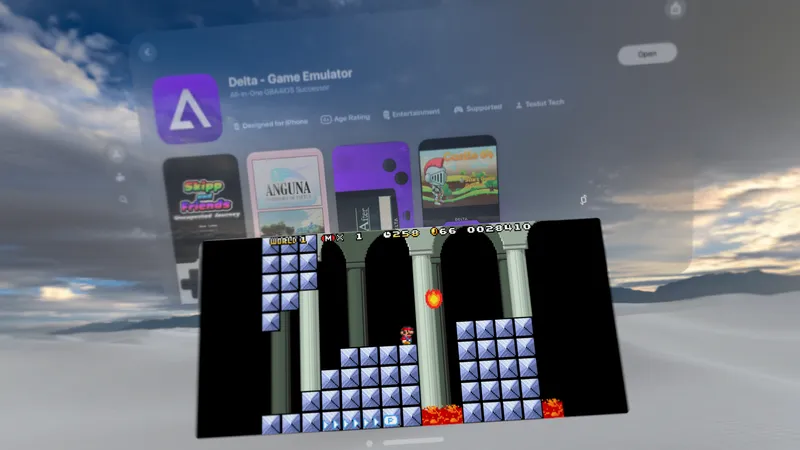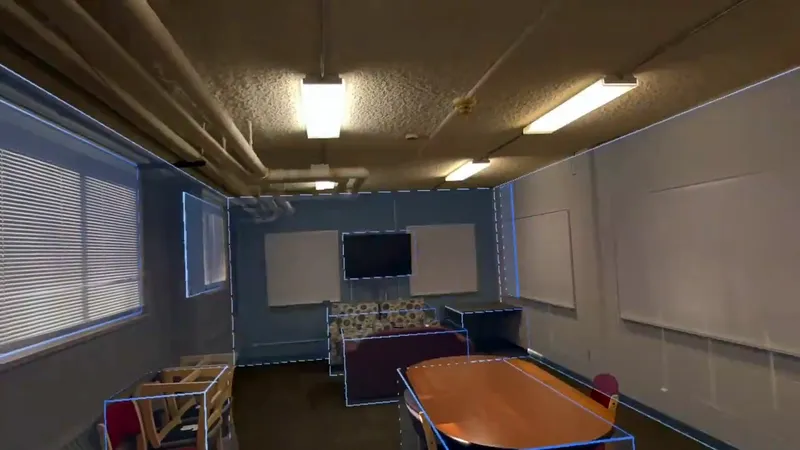Many a developer has set out on their VR journey with the intention of making ‘true’ exclusive gaming experiences. That doesn’t mean wave shooters that offer slick core mechanics but repetitive content, nor ports or tie-ins of popular series. Fast Travel Games is no different; established in 2016 by former members of Battlefield developer DICE and Angry Birds studio Rovio, the team had a clear intention to make VR-only titles that gamers would love.
Two years later, the team is preparing to launch its debut game, Apex Construct, on PSVR in just over a months’ time, and it’s looking like they’ve pulled it off. But how did they get here?
“I’m not going to say I was bored of making big games,” says Creative Director Erik Odeldahl, who helped form the studio coming off the development of EA’s Mirror’s Edge: Catalyst, “but I was definitely ready for something new and different, and VR rekindled the passion for building games.”
For founders Odeldahl, CEO Oskar Burman and CTO Kristoffer Benjaminsson, the unknown waters of VR development were hugely appealing. “For me, it’s been a childhood dream ever since I saw Lawnmower Man,” Burman, who helped pioneer mobile gaming at Rovio, adds with a slightly embarrassed chuckle. “I was like, I want to step into those worlds that we are creating. I’ve worked in games since the mid-90’s and it’s always been the dream to step into them.”
Benjaminsson, meanwhile, was working at EA’s Frostbite Labs carrying out R&D work which included some VR experimentation, such as helping out with 2016’s Star Wars: Battlefront VR tie-in, but a publisher as big as EA itself wasn’t about to place bets on a market-unproven technology just yet. As consumer VR finally hit the market, then, the choice for all three developers (who all knew each other from days at DICE) was obvious: break off and jump into VR.
But there would be no half-measures, no ports of existing games with dedicated fanbases or optional standard display support to widen the audience and help the team find its feet. Fast Travel also wouldn’t settle for shorter experiences with 15 minutes of gameplay that players would experience repeatedly. As a pleasant side note for cowards such as myself, they also weren’t interested in doing a big horror experience that would be incredibly immersive but only playable for the bravest of fans.
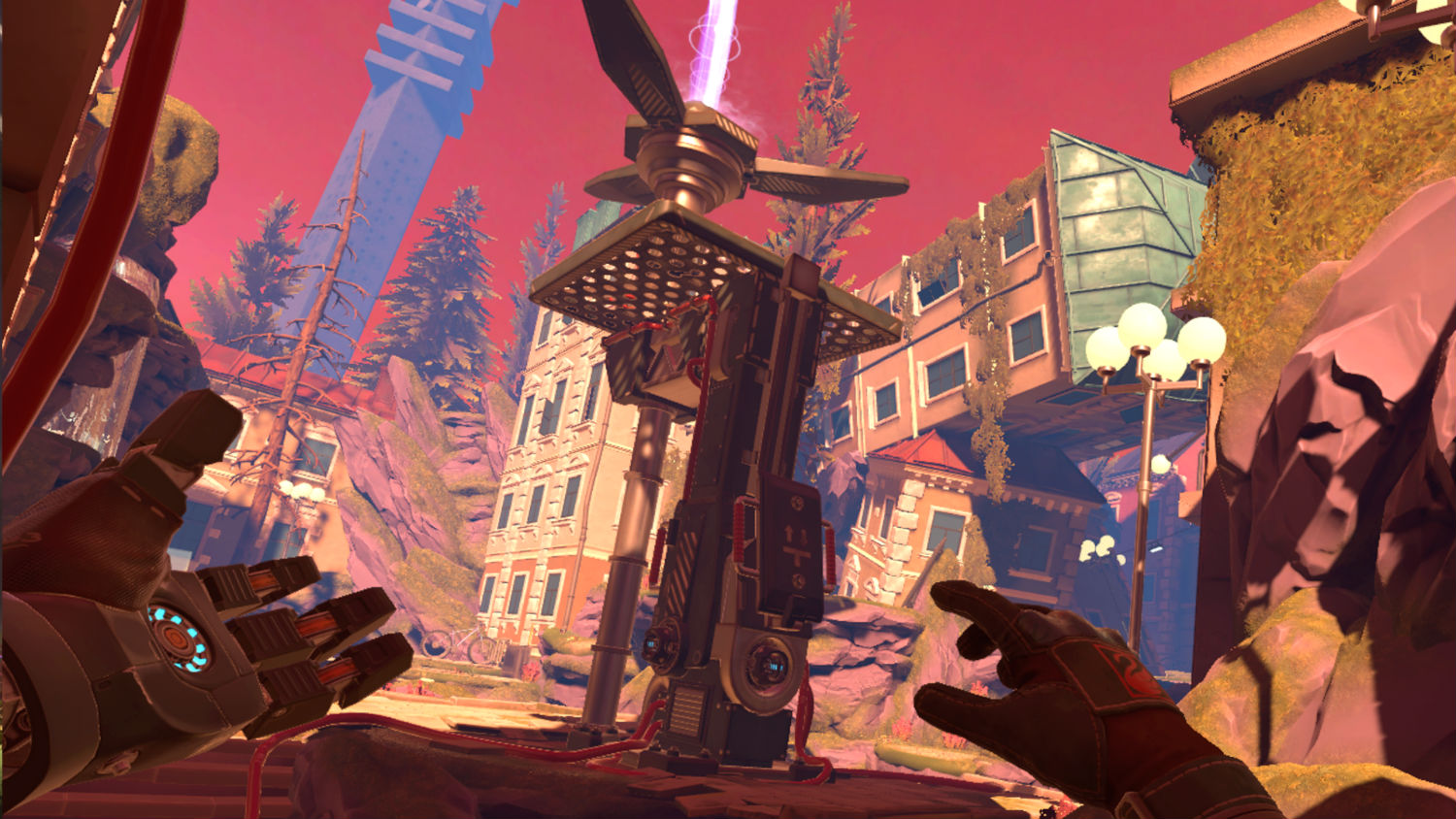
“I would say immediately we started saying it has to be VR-only,” Burman explained. “Because that’s how we’re going to do the best games. We’re not going to do a little bit of AR here or normal flatscreen games over here. Also because it’s a much more compelling case for investors, obviously [Fast Travel raised $2.1 million to work on Apex Construct last year].”
As such, the team had to take great care in deciding what game would really prove their intentions. “[We] prototyped tons of stuff,” Odeldahl says. “Different types of locomotion, different types of interactions, physics-based interactions, third-person stuff. You name it, we tried it.”
Fast Travel really wanted to settle on something that felt great for core gamers. It helped that, in the early days, the team shared an office with Neat Corporation, the developers of another upcoming VR game that promises a ‘full’ experience: Budget Cuts.
“We eventually locked in on the bow and arrow, which we felt is super natural and just an intuitive thing to do in VR, which feels really cool,” Odeldahl explains.
Indeed, firing a bow and arrow is currently one of the most immersive and convincing things you can do in VR, which is why we’ve seen it as the starring weapon in countless games from Valve’s minigame in The Lab to wave shooters like Twisted Arrow. Apex Construct, though, has to take that core mechanic, refine it, and then send players off into the wild to actually have an adventure with it.
Creating a convincing, fantastical world to explore was the other half of the puzzle. “We wanted to build a place that we’d want to come back to, a world we wanted to stay in” Odeldahl says. “So we wanted the world of Apex Construct to be nice and colorful and bright.” That’s why the game’s world, while very much post-apocalyptic, still sparkles with lush vegetation and landmarks based on the developer’s idyllic hometown of Stockholm, too.
All of this ambition is certainly admirable, and the fact that Fast Travel Games might just pull it off is amazing, but it has come at some cost. While other developers might have decided to release their titles after a year of work to start making some cash, Fast Travel found itself working on Apex Construct longer than anticipated in order to fulfill their promise (which is a luxury some independent developers understandably couldn’t afford).
“I think we all wanted to finish this quicker,” Burman says. “It’s gone on for a long time and that’s down to us being too ambitious in some ways […] at the same time, maybe that’s what it takes to build something.”
But even Fast Travel had its limits or, rather, an understanding of VR’s. Burman continues: “We could have spent double the time and built something even bigger than this but that’s not viable. It’s also our first game so we have to start seeing what the players enjoy and what they like and how they behave and try to understand the audience a bit.” 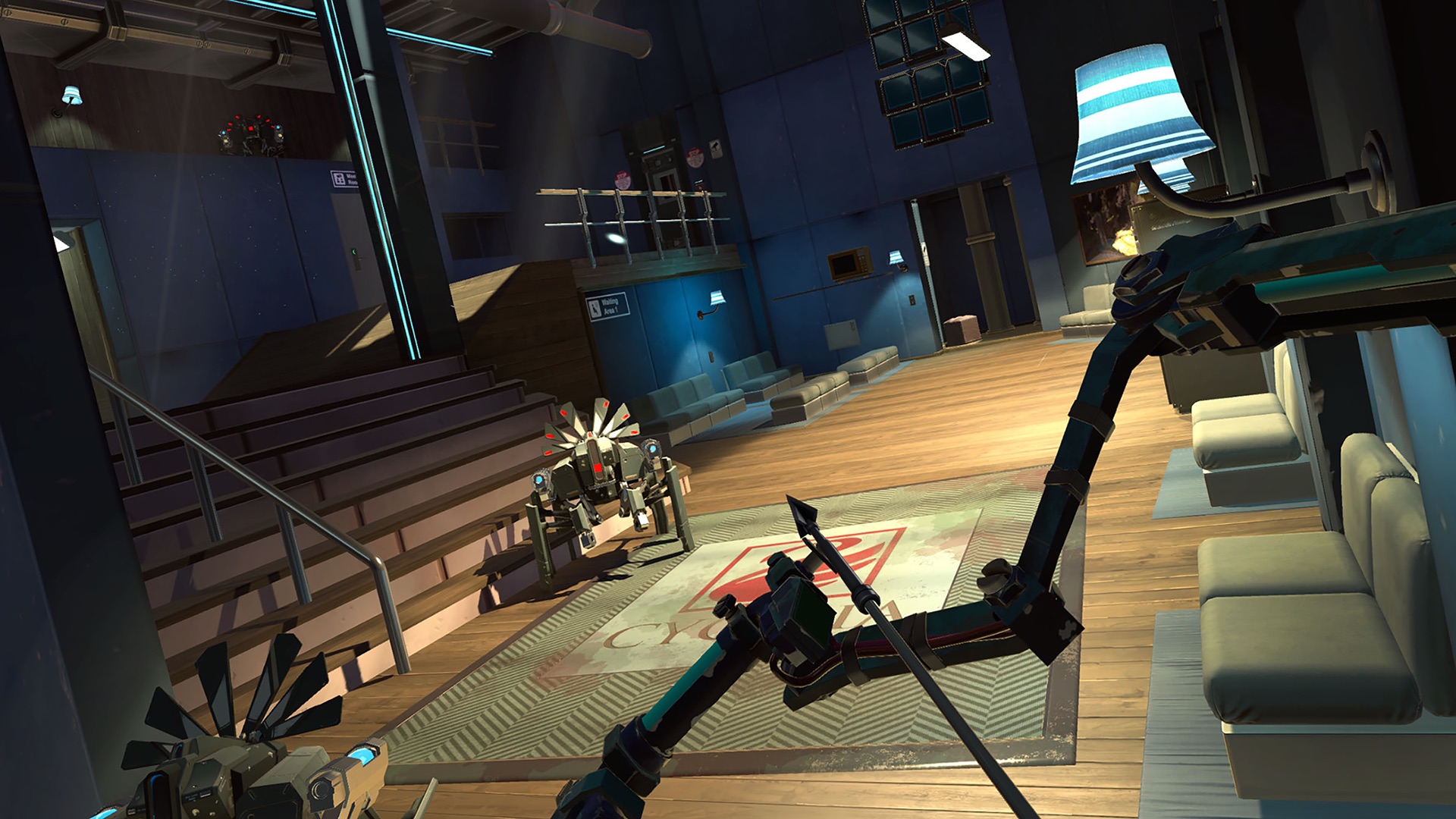
They also didn’t have all the answers from the start. It wasn’t until after last October’s reveal that Fast Travel implemented smooth movement into the game based on fan feedback, for example, on top of the default teleportation. As much as you can envision what VR players want, it’s hard to know for sure until you actually start showing them what you have.
I do think a bit of market research has been done already on that front, though. Mechanically, Apex Construct isn’t too different from if you were to play as an archer in last year’s Skyrim VR, a port of Bethesda’s hugely popular RPG. Skyrim VR seemed to have a huge impact when it hit PSVR last November, outselling the Switch-version released in the same day in the UK and filling up Reddit with GIFs and streams for weeks and months to come. That seemed to make it clear that gamers were hungry for this content.
“I’m super happy to see it doing so well,” Burman said of the game. “I absolutely love Skryim but, for me personally, I would have loved to see a new game.” Apex Construct might not have a sprawling open world and it may just have a fraction of the play time (Fast Travel estimates five hours) but there’s still a lack of full VR-only experiences to play on these headsets, and that’s surely going to work in its favor.
You might be looking at all of this, though, and thinking something doesn’t add up. Yes, Skyrim was a big VR game, but it was built with pre-exisiting content to make it much more commercially viable. Apex Construct, as impressive as it is, is entirely original and Fast Travel is placing all its bets on VR’s current install base, which is constrained due to the newness of the technology, high price points and the friction of getting into an experience. Is it enough?
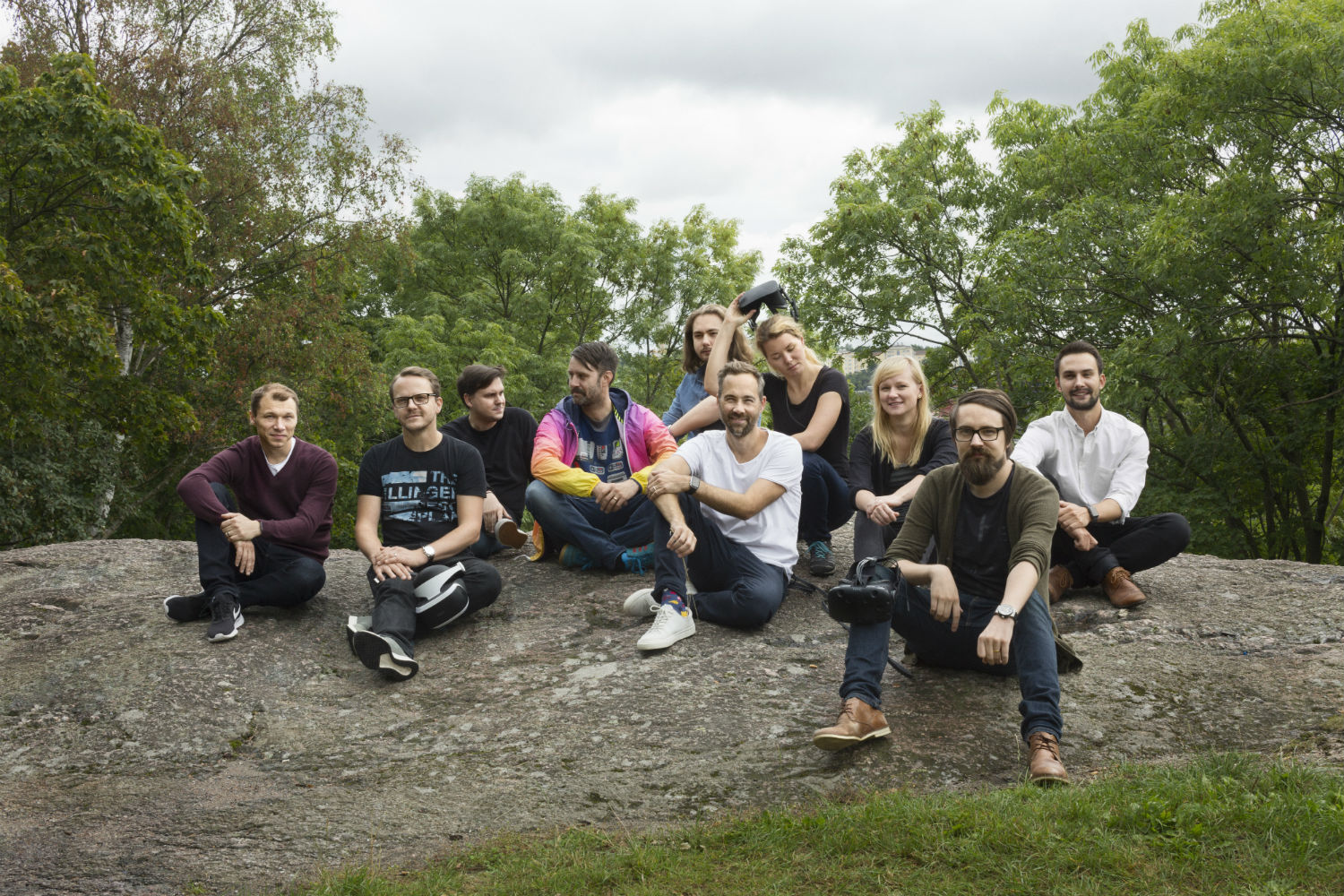
“I was very happy with the growth that actually happened last year,” Burman reassures. “And I was super impressed that Sony could go out before Christmas and say two million PSVRs had been sold. That was above my targets by far, and I had aggressive targets last year.”
Since it’s early beginnings between three people, Fast Travel has grown to around fourteen-strong, filling in the space Neat Corporation left when it moved out. Many of those developers are from DICE, with a few from other storied studios like Guerrilla Games. Their office right now is a cozy two-room space but they have plans to into a bigger building down the line. This is a team that wants to grow on the back of VR’s impending success.
Ultimately, though, PSVR could have sold 50 million units and there’d still be no way to tell if Apex Construct is a hit until it’s actually out. Even if Fast Travel Games has done everything right (and the jury’s still very much out there), VR is an uncertain market. With little to no hype, tiny games like Onward can become an overnight sensation, while giants like CCP Games take multiple shots at the industry and come away disappointed; where will Fast Travel fit into that? Apex Construct certainly seems to speak to the hardcore audience that has picked up a headset over the past two years, but whether or not they’ll embrace it is anyone’s guess. Personally? I’m hoping they might have a surprise hit on their hands. We could all use some good news.
Apex Construct is releasing on PlayStation VR on February 20th for €29.99/$29.99, with a Rift, Vive and Windows MR release following on March 20th. EU PS Plus members can get a 20% discount by pre-ordering today.

